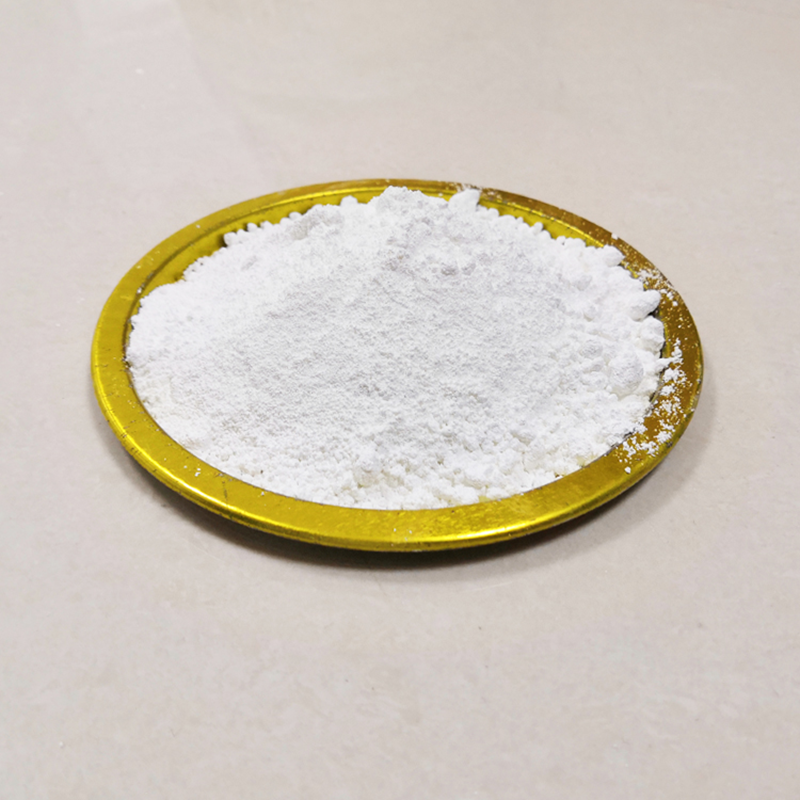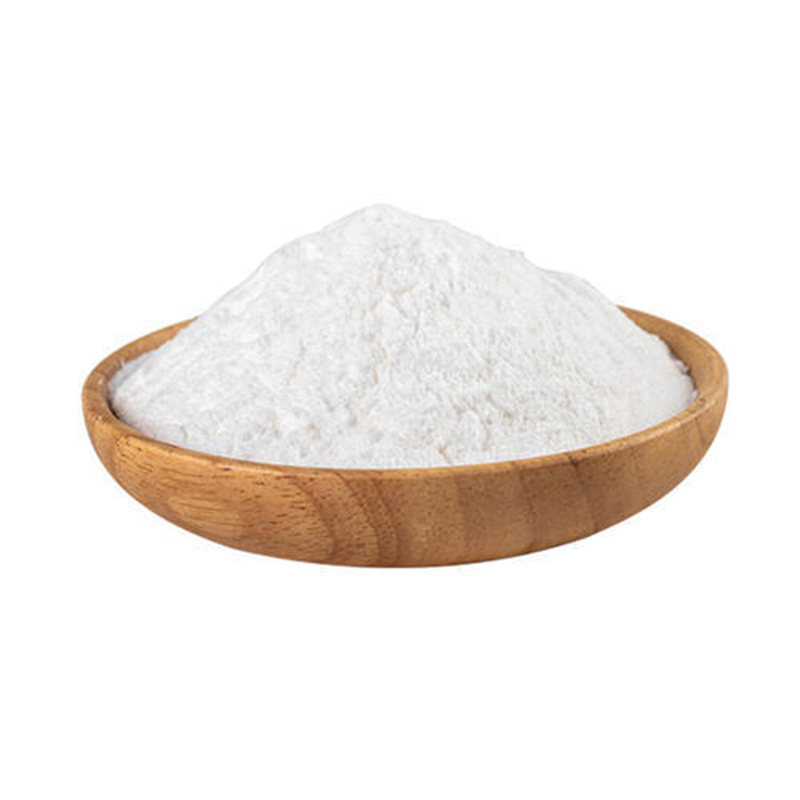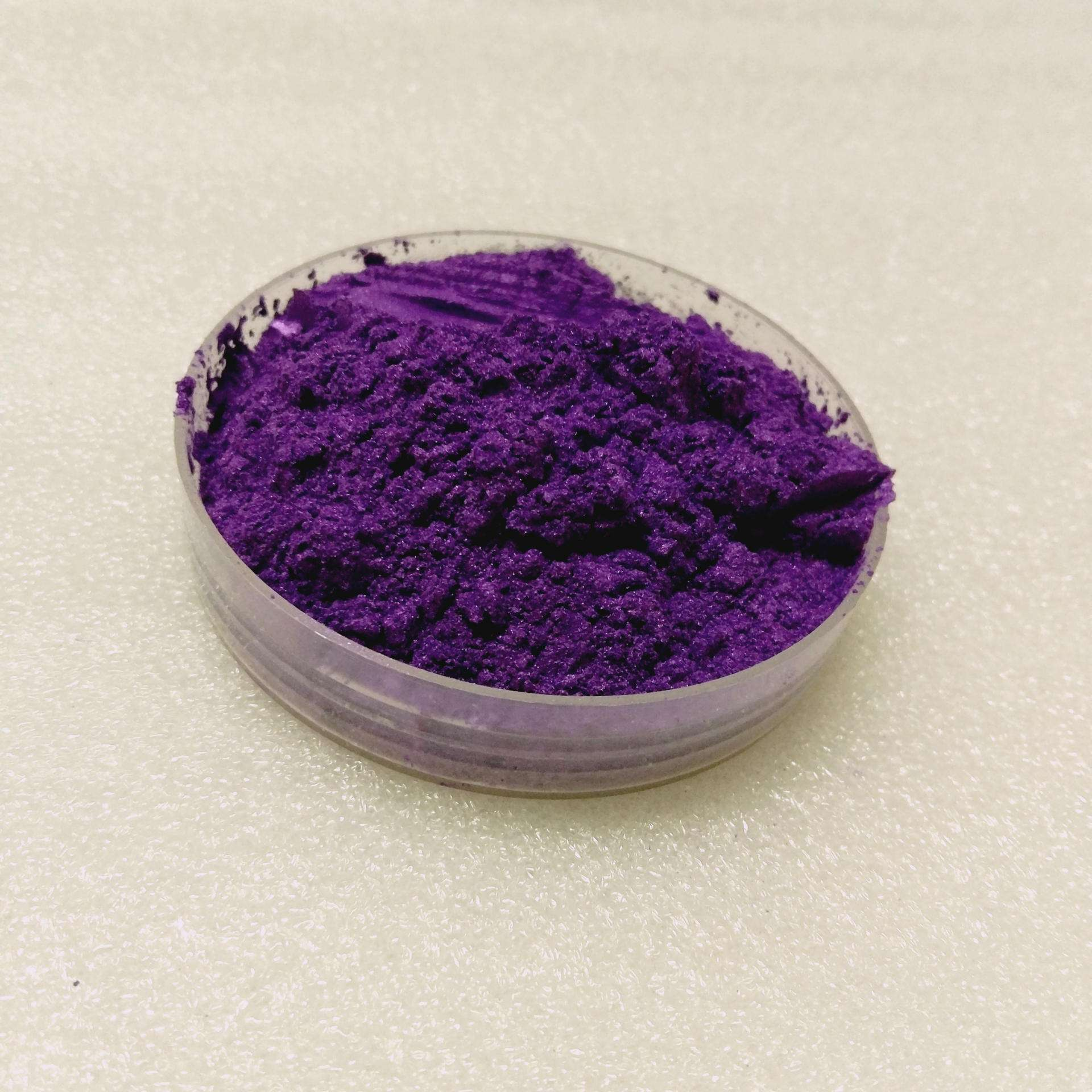The physical performance of Titanium
The density of pure titanium at room temperature (25 °C) is 4.505 g/cm³. The density of titanium is about 57% of that of steel, 60% of that of copper, and 1.8 times that of aluminum. At 870 °C, the density of titanium is 4.35 g/cm³. The density of titanium varies with the addition of alloying elements; thus, the density of titanium alloys will also change. The variation range is typically between 4.4 and 4.9 g/cm³. Generally speaking, β alloys are heavier because they contain a larger number of heavier alloying elements such as molybdenum
The melting point of titanium is (1668 ± 5) °C. The presence or addition of different alloying elements in titanium will change the melting temperature."
The boiling point of titanium is (3260 ± 20) °C
The specific heat capacity of titanium at 20 °C is 500 J/(kg · K). As the temperature rises, the specific heat capacity of titanium increases. At 882 °C, due to the α/β phase transformation, the specific heat capacity will change suddenly
The thermal expansion coefficient of titanium is significantly lower than that of aluminum and steel, which is 7.6 × 10^-6 1/K
The thermal conductivity of titanium is very low, at 17 W/(m · K), which is similar to that of 18-8 stainless steel. This low thermal conductivity leads to a large temperature difference along the section of titanium during the heating of ingots and billets, as well as during the welding of titanium structures, resulting in large local stresses
The resistivity of titanium is 0.48 μΩ · m, which indicates that titanium has a relatively high electrical resistance.
"The magnetization coefficient of titanium is 3.4 × 10^-6 m^3/kg, indicating that titanium is nonmagnetic."
Elastic modulus: the elastic modulus of titanium is generally 103~110GPa, which is half of that of steel material and is easy to bend.
Recommanded products from TDD:
 Titanium Dioxide R-618
Titanium Dioxide R-618
 Dahutong Brand Titanium Dioxide Rutile THR-218
Dahutong Brand Titanium Dioxide Rutile THR-218













